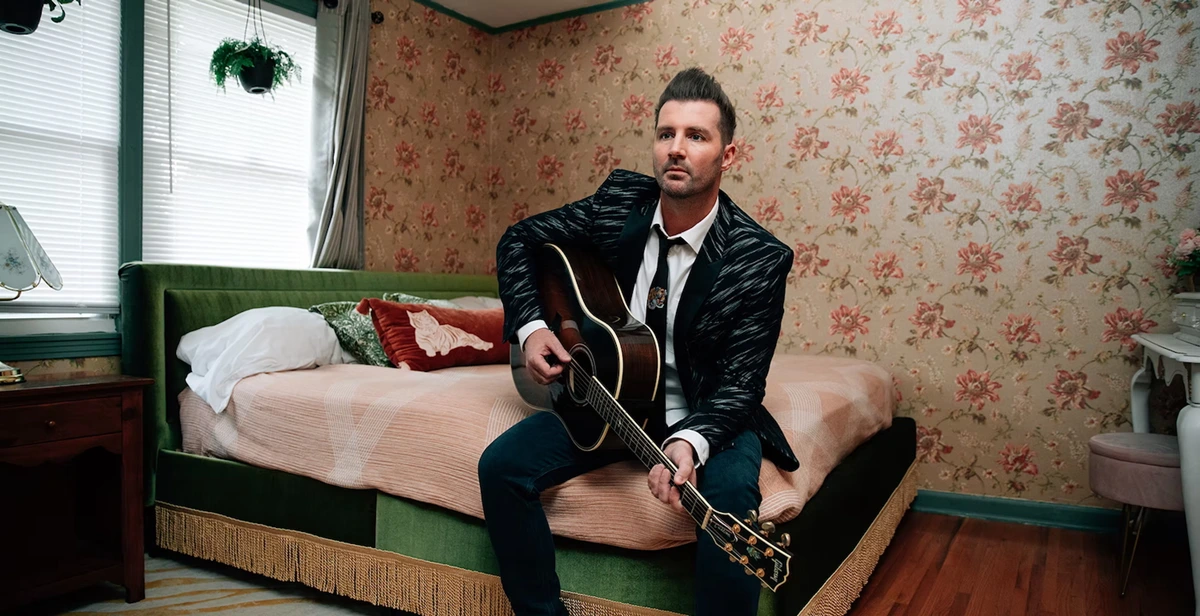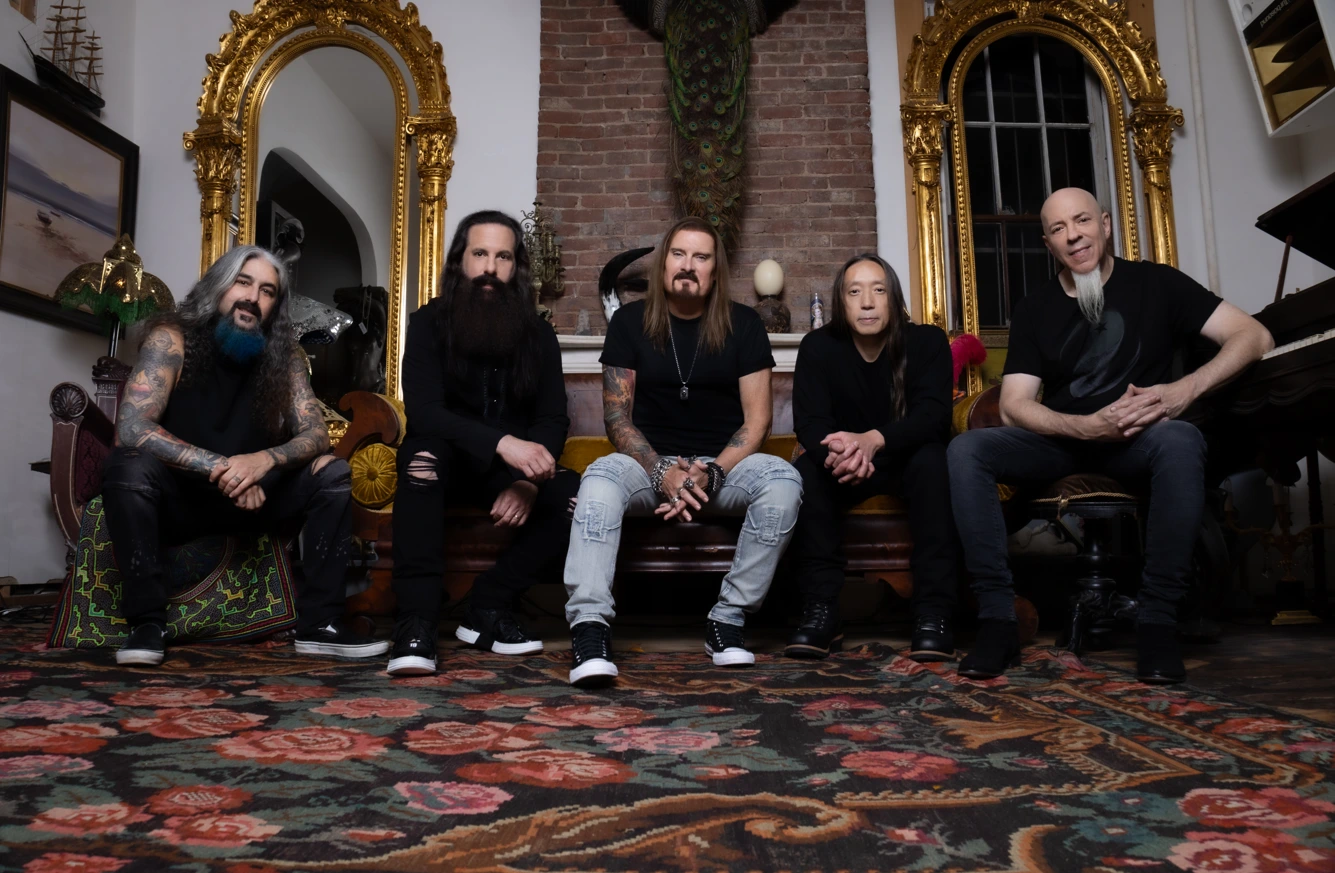Roddy Bottum - 'It Felt Very Alone To Come Out In That Environment'
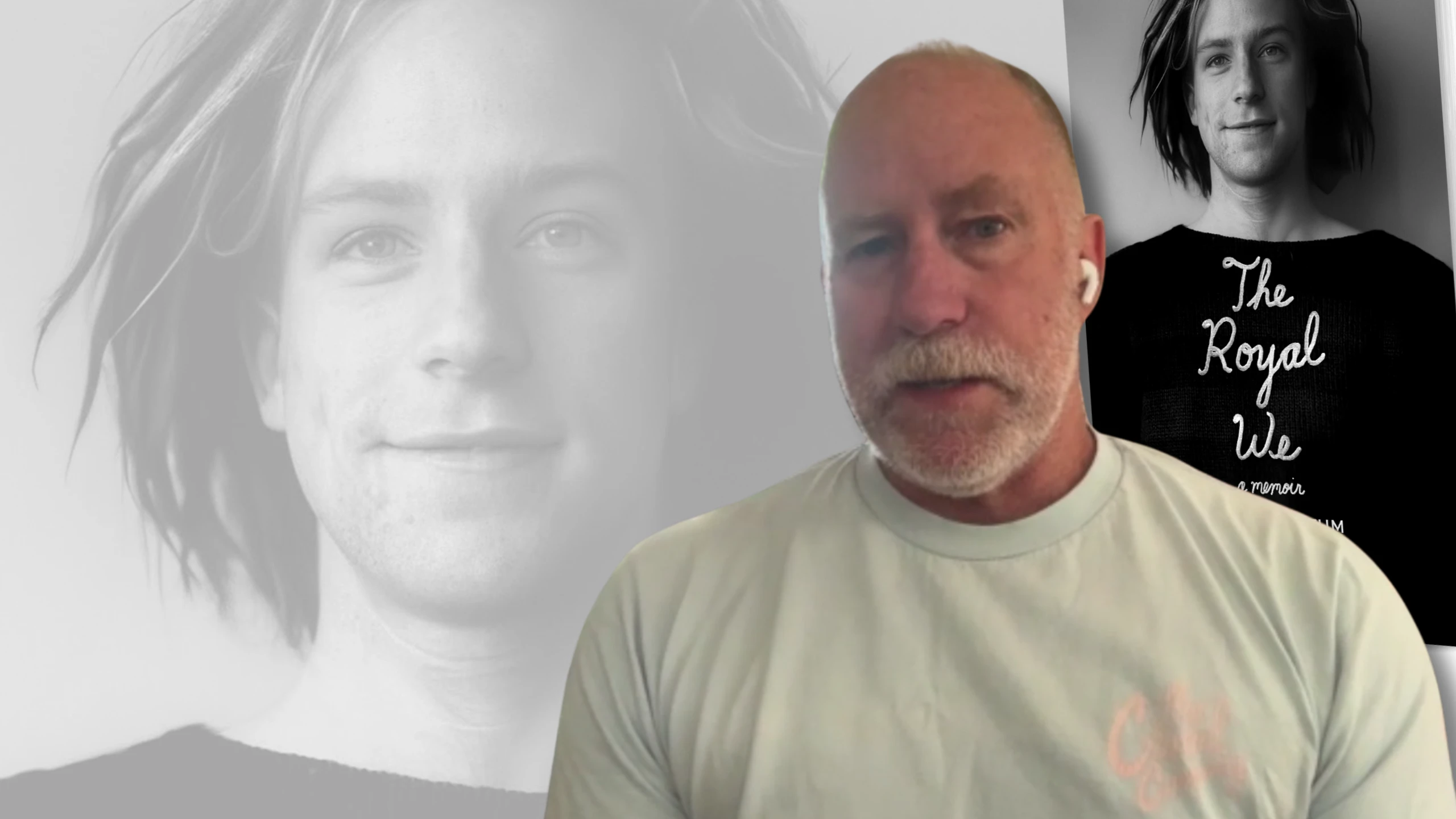
Whether you like to admit it or not, growing up gay isn't as simple or dignified as our straight counterparts.
The mental anguish that plagues gay men stems from lifelong internal battles with self-identity, stigmatisation and acceptance in a world where society constantly makes you question whether it's safe to be your true self, or whether it's "appropriate" to be yourself in public.
To put it frankly, we are constantly on edge.
One way to come to terms with one's sexuality is to look up to heroes or identities who have strutted their way through life with confidence and an assertiveness that proves you don't have to hide behind a veil of hetero-normality and can flourish the way you were born into this world.
But what happens when you grow up in the public eye - as part of a globally recognised and iconic 90s rock band - without that mentor or hero to look up to?
That's the isolating reality Roddy Bottum found himself in when musical peers like Elton John and Freddie Mercury tip-toed around their sexuality as the alt-rocker was coming up the ranks with the rise of Faith No More. This story - alongside others from his personal life - will finally be revealed to the world with the release of Roddy's forthcoming memoir The Royal We - out on November 4th.
I was delighted to sit down for a personal chat with the queer icon to discuss his turbulent journey, the throes of surviving heroin addiction in the music industry and the heavy notion of divulging these anecdotes for the very first time - which even he found confronting at first.
Settle in and watch the full interview or read on for short bites...
The first stop is obviously discussing what the catalyst was for Roddy to finally open up, and whether or not he was scared to share these intricate details of his past life with the world - let alone his sisters who he shares a close relationship with and hadn't told yet either - to which the 62-year old musician almost reluctantly tells Wall Of Sound.
"There's a lot of reveal in the book... Growing up as a gay kid, there's a lot of secrets, for my generation anyway.
Growing up and being gay and keeping that from people sort of bred this really secretive person and I've continued to be that person through my life. I know it's really typical of a lot of men particularly from my generation dealing with the shame of coming out and being gay and holding onto that.
But I have a lot of stories like when I was a kid, I was a really sexually promiscuous kid and I'd always kept that secret, like who would share that? That was kind of a tough thing, writing down [everything]. I was fully transparent and I just wrote... from a me point of view and I revealed everything about myself, secretive things, and at the end of the day, I had this beast that was really revealing and super vulnerable.
And then there's a lot of drug references and it's very vulnerable. The book is a lot of divulgence and it's a little bit insane and my friends and my sisters I've shared it with are all kind of like 'wow, I can't believe you went there!' and it's true. It's a good time in the world to be sharing these things."
On top of keeping secrets from those closest to him, Roddy also kept his sexuality from the public eye when Faith No More started gaining popularity in the late 80s/early 90s. What made this even harder, was the fact he had to do so without the support or guidance of other music industry peers, role models or "heroes" he could look up to, which made the situation even more isolating.
When questioned how he navigated this during a time when he was thrust into the public eye, the keyboardist/vocalist revealed, "Yeah, it was a difficult time,' before further elaborating.
"Looking back on it... it's hard to imagine people were that sort of phobic back then about gay people, but the world was really like that and a lot of the book is about that, about the judgement of straight culture on gay men and the reaction from gay men and how do we deal with that.
There weren't a lot of role models for me and it was a clunky time as a kid to not have that... there was no one I could look up to especially in the world of music.
When I started coming out back in the 90s, there was really no one in my world that had a gay voice. Besides Patty Schemel [drummer for Hole] I didn't know queer people in rock, there just wasn't that in my world."
Roddy also spoke about the issue with looking up to greater industry icons like Elton John and Queen - who would skirt around questions about their own sexualities - making it harder to accept himself in a world where even the biggest names in music weren't being honest with themselves, or their fans.
"When I was super young, Elton John (I wasn't a big fan of) and I remember listening to him on the radio at one point and he was talking about getting married [to Renate Blaul in 1984], it was that phase when he was really hiding his sexuality.
And as a young kid, I knew he was gay, but seeing him hide that or having that prospect of 'oh here's an icon that I can sort of latch onto' taken away from me in that way... was like 'oh my god!'
It was such a slap in the face for me as a young kid. All I wanted was a direction and a person that would say 'yeah, this is okay, you can be this way' but there just wasn't that.
Even Queen... They wouldn't come out and talk about being gay. There was a reference I remember reading somewhere and it was like, 'well, we're guys, our band is called Queen, and we basically sing opera music, so you do the math'. They were saying they were gay, but they weren't saying it.
Everything that was even said in those regards was guarded and cloaked and sort of said in such a shameful way. It was hard to get on board with that.
Then even as I got older too, I always say Michael Stipe [R.E.M. frontman] was not gay when I was coming out of the closet. That wasn't a direction I could look. Even Bob Mould [Hüsker Dü guitarist/vocalist] who's like very outwardly gay now... those two voices - which are pretty strong and queer right now - those weren't options for me.
So it felt very alone to come out in that environment, in that crew of people when there weren't voices like that."
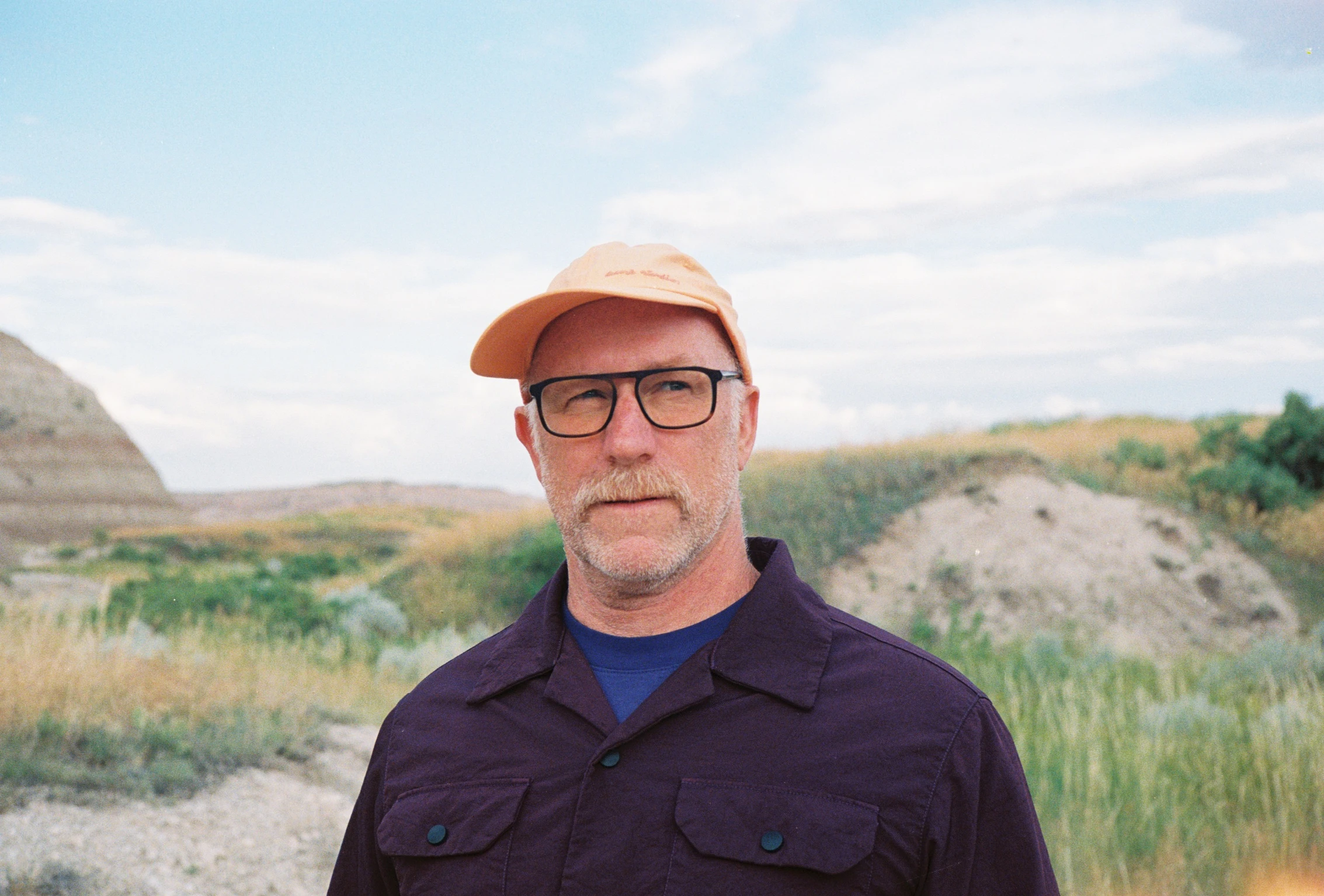
Despite navigating gay life without that person to look up to, Roddy confirmed his sexuality wasn't an issue with his fellow Faith No More bandmates, nor was he confined to the closet around them, as he further explained the dynamics within the band during those formative years in San Francisco.
"If you had asked me or asked any of the members of the band, 'is it a deal at all that Roddy is gay?' It was so not a deal.
All of the people in the band were so open-minded, they were all encouraging, but in my head it was something different and I just wasn't willing to go there, and that's on me.
Billy [Gould - bassist] and I were sort of best friends since the time we were very young, really young kids. And yeah, the fact that I wasn't able to be open with him about my sexuality, it still is something that's kind of a weird rub for me. It's not cool. I wish I would've had the wherewithal to be open with [it], I mean, he was one of my best friends, so amongst the band, it wasn't on them, it was on me.
I just wasn't willing to go there with them based on the childhood that I had and the culture that we lived in. It was really difficult, but I definitely mean they've only been supportive and understanding [of] that plight of mine."
Navigating gay culture alone was one thing, but in the 80s it came with its own perilous complications fuelled by the dreaded HIV/Grim Reaper advertisements which constantly plagued media, thus creating an overzealous sense of trepidation for gay men worldwide - both in and out of the closet at the time.
You'd think that living in one of the gayest cities in the world would make the situation easier to navigate, but as Roddy described, the Reaper ads invoked, "A lot of levels in which it was difficult," and were much harder to avoid than simply switching off the tv.
"That was for sure a whole tableau of humiliation and shame [the HIV and aids pandemic]. It was just at that point it reinforced the notion that gay is bad.
Not only is gay bad, it's toxic. It's not only toxic, it's poisonous, it's deadly, and if you're gay, you're sort of like, yeah, you're going to die. So yeah, it was a lot as a young kid to deal with.
But at the same time, that said, I don't mean to be boohoo about it. It created a really specific kind of person that I am, and I'm kind of thankful for that."
That same person later went on to survive another up-hill battle against himself - heroin addiction - which at the time was THE drug of choice for bands coming up in the 90s era such as Nirvana, Alice In Chains and Red Hot Chili Peppers. When quizzed about what he could recall about the time and why it was such a prevalent drug for musicians, Roddy elaborated further.
"I don't know why. I think heroin particularly, I mean just saying that word is really so charged with horror and a darkness and it's horrible, but it's sort of this cool factor, honestly.
I remember back in the day when we started doing heroin, even to say that word is like, 'whoa.' I mean that's intense. That's a deep place to go to that's really super dark and it - I mean, it's what I think people in recovery would call some sort of junkie pride - but it did feel like this really charged statement to do that particular drug. It took a lot to go there.
To inject a drug into your arm is crazy. Can you imagine as kids doing that, it's so wild. But at the same time, it was bold and brave and fucked up and over the top, and that was kind of part of it.
I don't know why it happened in history the way that it did, but just in that time in history, I dunno why we were doing that. I don't know why it came up the way that it did, but it was definitely a dark place and the struggle of it was real. And that's a big part of the book too."
Overcoming addiction is no easy feat and one only needs to catch a glimpse of Roddy these days to know his hardest battles are long behind him. With his toes still dipped into music world across projects such as Imperial Teen, Man On Man, Crickets and Faith No More, we won't be seeing the esteemed musician fade into oblivion any time soon.
In many cases, we'll see him open up wider than ever before with the forthcoming release of The Royal We via Akashic Books.
As for the band that kickstarted his wildest dreams, when asked whether he missed the camaraderie and the legacy that's been left behind with Faith No More, Roddy was swift to exclaim, "No, I mean, I'm still friends with everybody and we're pretty close," before clarifying.
"There's a specific way of touring that we did and the specific agenda that we had when we toured. I do sort of miss that. There's something to being that nineties kind of musician in a band that was really specific to the time in which we would just break our necks. We worked so hard.
We would tour 30 days in a row. It was a really intense conveyor belt of productivity that we would do when we were kids, and that was a specific mindset to get into, and I liked it.
It was really fun and it felt good to be working in that way, and I'm so high charged to do a tour like that.
Faith No More would tour for close to a year, even longer, and coming off of that was always the thing... it would be like, oh my God, and you would kind of go crazy, 'cause you're so used to that stimulation and to stop was just like, oh my God, and your gut falls out...
There was so much stimulation and yeah, I miss that sometimes. That was a really particular specific way of creating art that I don't do so much anymore."
They say idle hands are the devil's playground, but it's great to see Roddy making use of his to allow fans to take a deeper, personal look at the life of the man behind the music.
Interview by Paul 'Browny' Brown @brownypaul
Follow Roddy Bottum via Instagram
Pre-order your copy of The Royal We right here
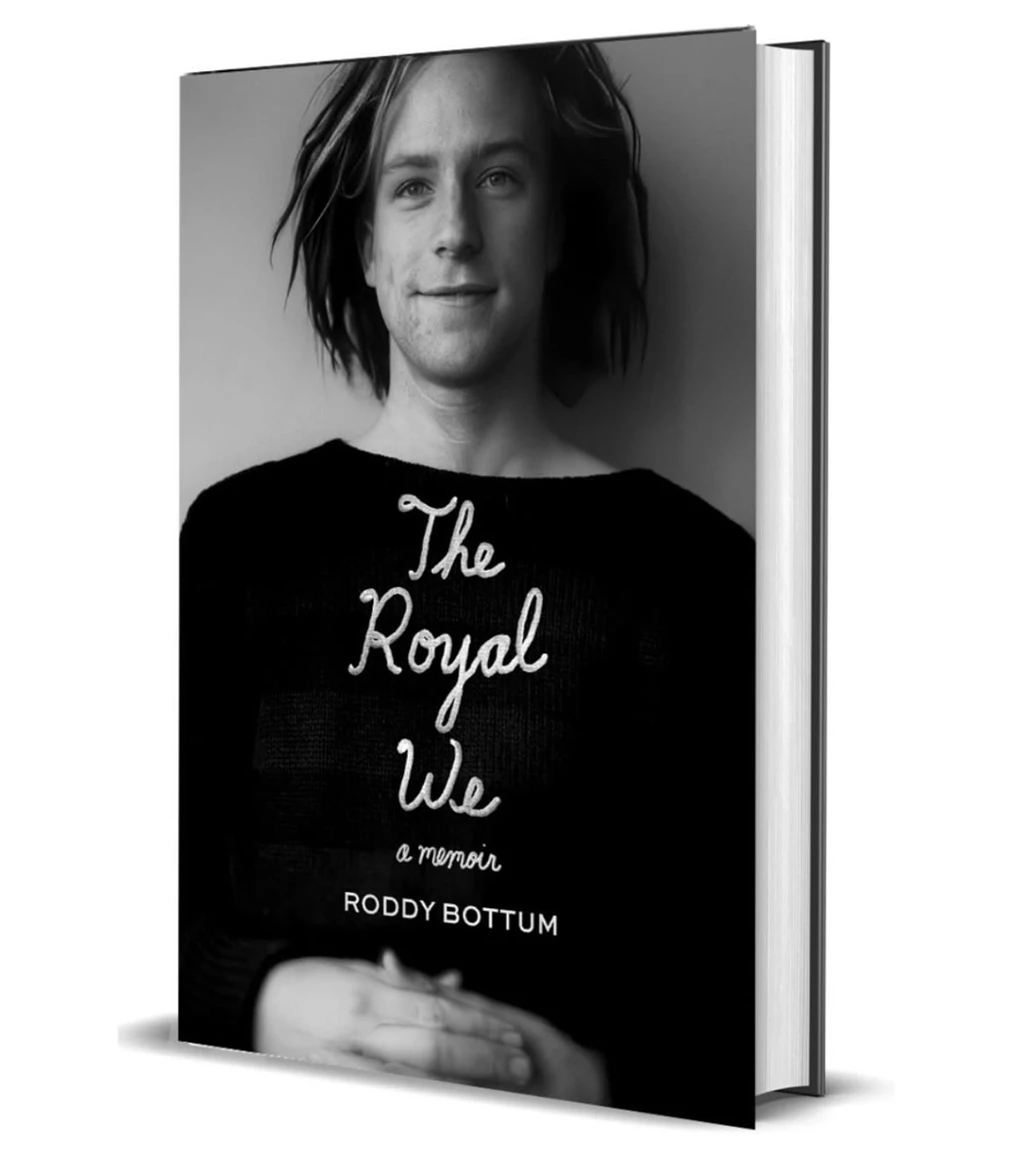


.webp)

